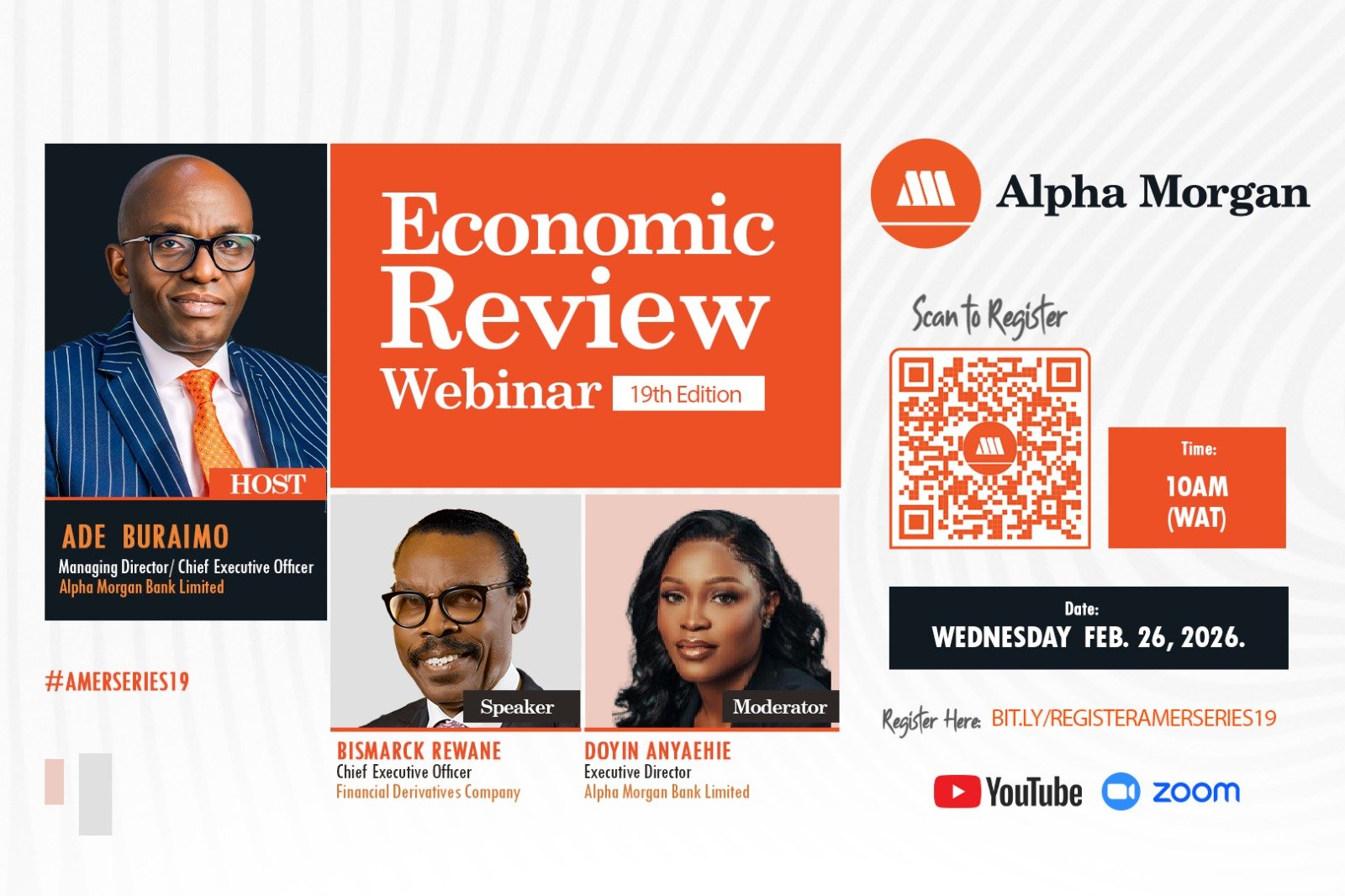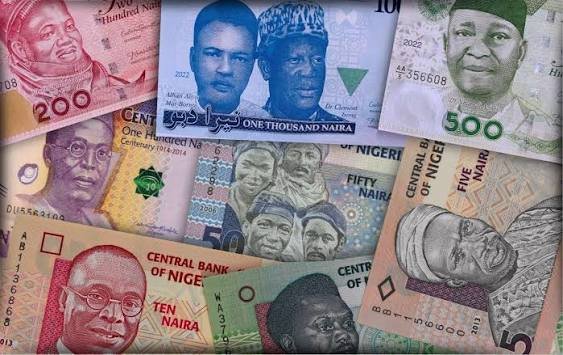Berlin, Germany — German companies operating in the United States are showing caution when it comes to new investments amid uncertainty surrounding the upcoming US presidential election, according to a survey by the German Chamber of Industry and Commerce (DIHK) published today.
The DIHK survey indicates that businesses are adopting a wait-and-see approach, hoping for more clarity on future US economic policies after the election. Volker Trier, head of foreign trade at DIHK, emphasized that the election outcome could lead to a more complicated global economic environment, adding strain on international trade relations. This concern comes as tariff policies—especially those proposed by Republican candidate Donald Trump—loom large in campaign discussions.
“The prospect of tougher trade policy, particularly under a potential Trump administration, could further exacerbate concerns about supply chain disruptions and trade barriers,” Trier said. Trump has signalled intentions to adopt a stricter stance on trade, including potential tariffs on imports, which many see as a risk for international businesses relying on cross-border trade.
Michael Hüther, director of the German Economic Institute, echoed these concerns, describing the possible impact of import tariffs under a Trump presidency as “an expensive disaster” for the export-driven German economy.
He pointed out that Germany, already grappling with a structural crisis, relies heavily on exports to the US, its most important trading partner. Industries such as mechanical engineering, automotive, and pharmaceuticals would be particularly vulnerable to any shift toward protectionist policies.
While the DIHK survey shows overall stability in German companies’ business expectations for the US market, some sectors remain optimistic. According to a special evaluation by the German Chambers of Commerce Abroad network, 38% of surveyed companies believe the US economy will improve in the next 12 months.
However, as the election draws nearer, German businesses remain wary. Many are waiting for the political dust to settle before committing to new investments in the US, cautiously hoping for policies that support continued economic cooperation and trade stability between the two countries.



